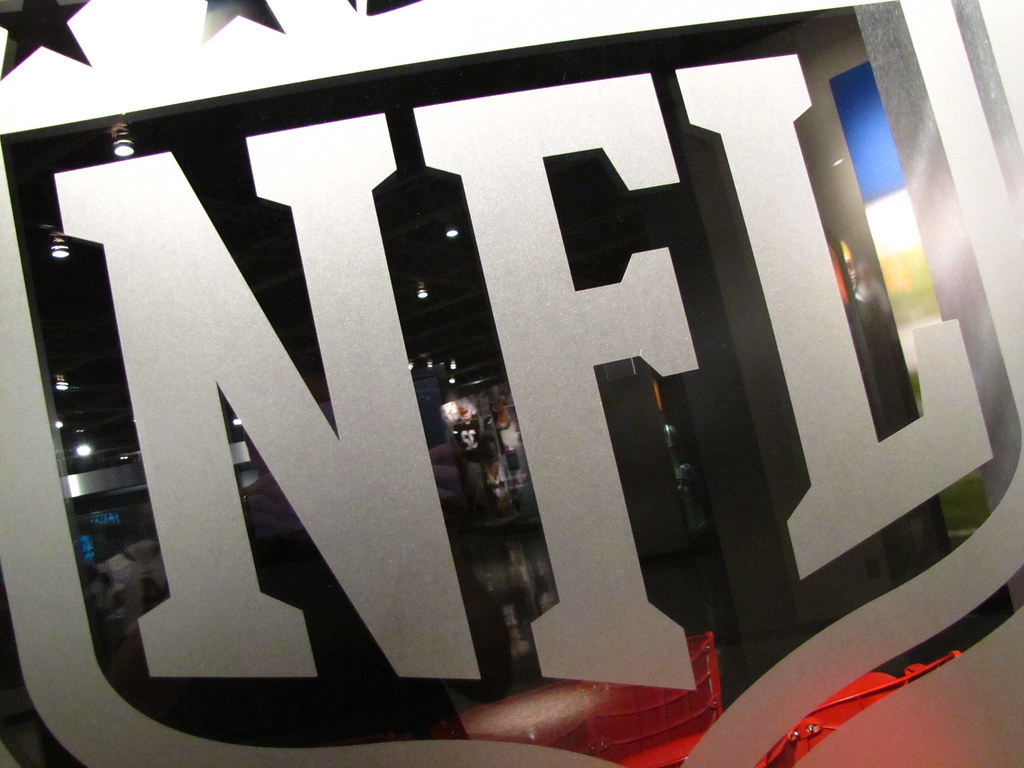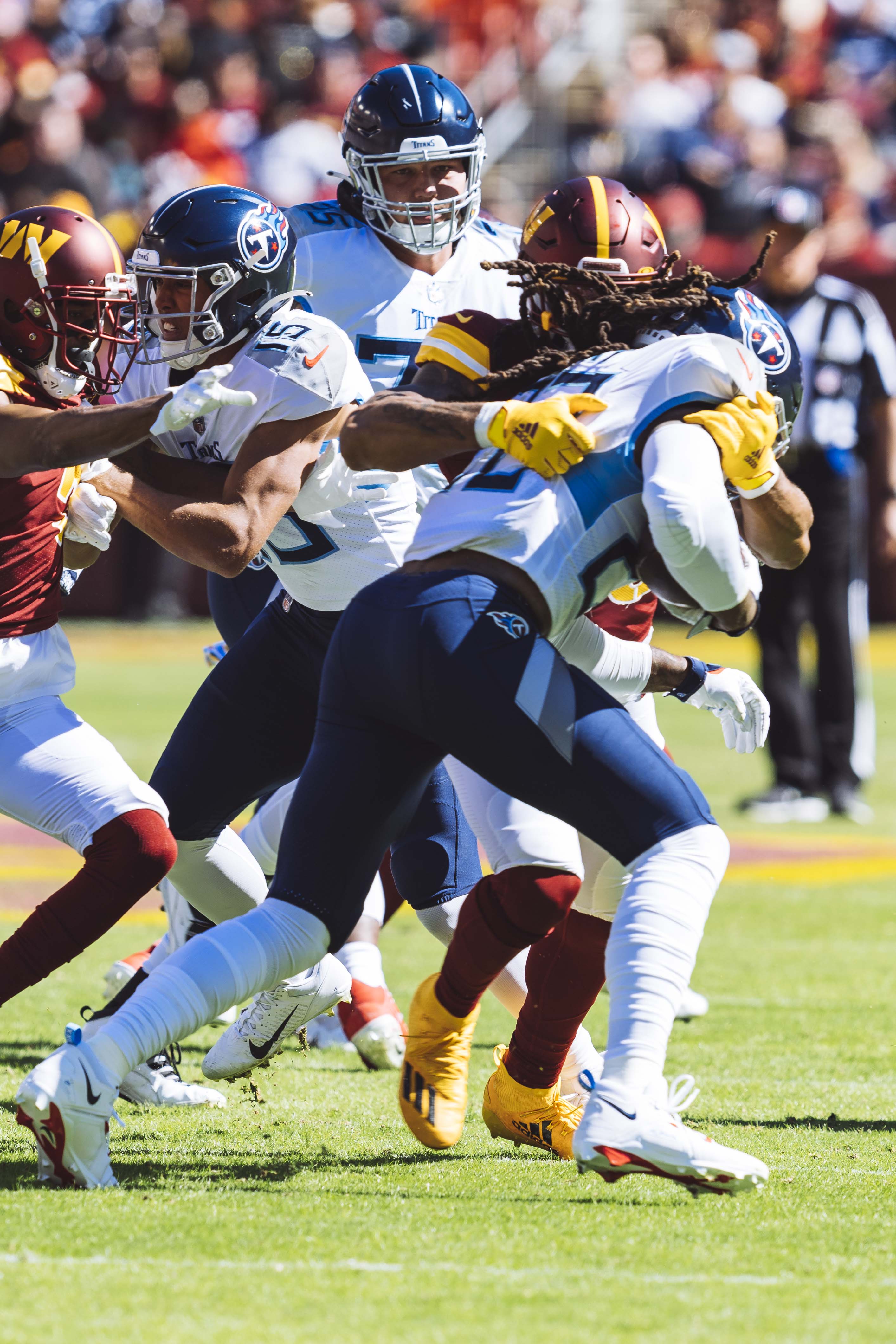In a landmark decision aimed at enhancing player safety, NFL owners have unanimously approved a ban on the hip-drop tackle, a move that is set to change the defensive landscape of the league. The new rule, which was passed during the owners’ meetings in Orlando, Florida, will see players penalized for employing a swivel technique to bring down opponents, with a 15-yard penalty being the immediate consequence and potential fines to follow.
NFL executive Jeff Miller highlighted the significance of this decision by noting that the hip-drop tackle was executed 230 times last season, leading to 15 players missing games due to injuries. The NFL Players Association has expressed strong opposition to the rule, but the league remains steadfast in its commitment to player safety.
Rich McKay, the NFL Competition Committee chairman, explained the rationale behind the ban: “It doesn’t get used very often, but when it is used, it’s incredibly injurious to the runner.” He emphasized the vulnerability of players in such situations and the need for defenders to find alternative tackling methods.
The league has taken proactive steps to educate teams on what constitutes an illegal hit by showing videos of six specific plays where the hip-drop tackle was used. Notable players such as Bengals tight end Drew Sample, Cowboys running back Tony Pollard, and Titans quarterback Ryan Tannehill were among those on the receiving end of these now-prohibited tackles.
To ensure clarity and consistency in officiating, the NFL will continue to provide teams with instructional videos. McKay pointed out the novelty of the rule and the fact that such tactics are not practiced, meaning officials will only encounter them during games. He outlined the criteria for identifying the illegal tackle, which includes seeing the defender grab, control, swivel, and unweight themselves before executing the tackle.

In addition to the tackling rule, owners approved two other proposals. Teams will now receive a third challenge after one successful challenge, a change from the previous requirement of two successful challenges. Furthermore, in the event of a double foul during a down with a change of possession, the team last gaining possession will retain the ball after penalty enforcement, provided they did not commit a foul prior to gaining possession.
The NFL is also considering a significant change to kickoffs, with McKay expressing urgency due to its potential impact on the upcoming NFL draft and team strategies. The proposed changes would align with kickoff rules from spring leagues like the XFL, aiming to reduce high-speed collisions and keep special teams an integral part of the game.
The NFL continues to prioritize global growth, and it announced an expansion of its Global Markets Program. The Cleveland Browns, Detroit Lions, Indianapolis Colts, and New York Giants are the latest teams to join the initiative, which now encompasses 25 clubs across 19 international markets.
The decision to prohibit the hip-drop tackle has received mixed reactions from players and fans. While some players have humorously suggested that the league might as well move to flag football, others recognize the importance of adapting to new safety measures. As the NFL navigates these changes, the focus remains on preserving the integrity of the game while ensuring the well-being of its players.





